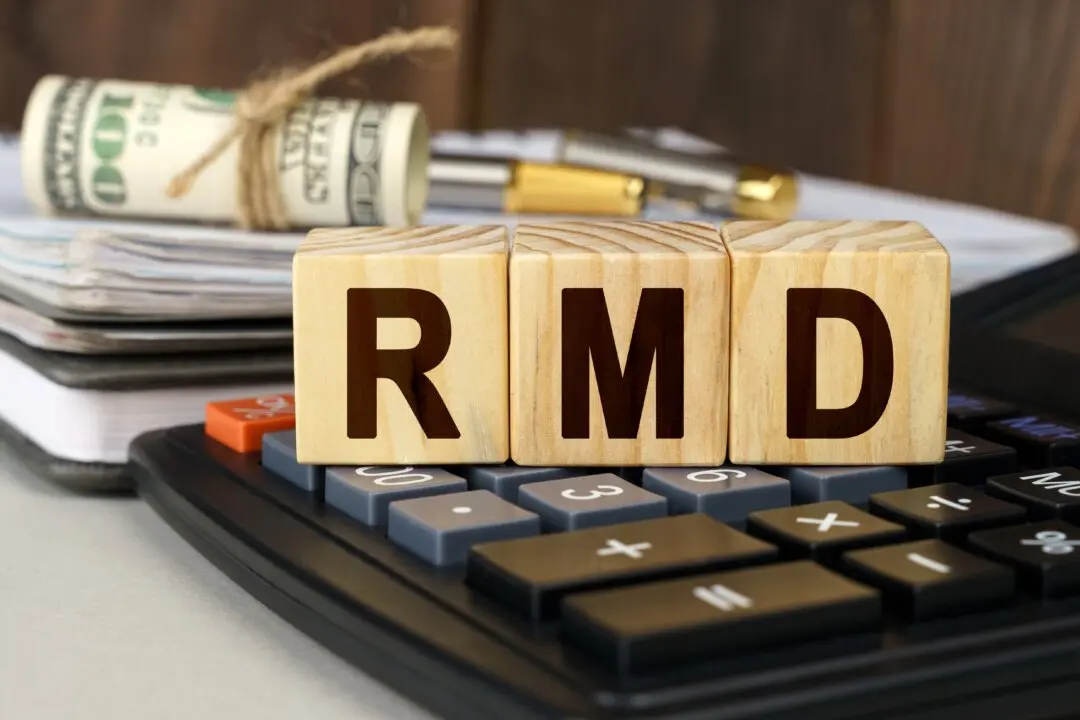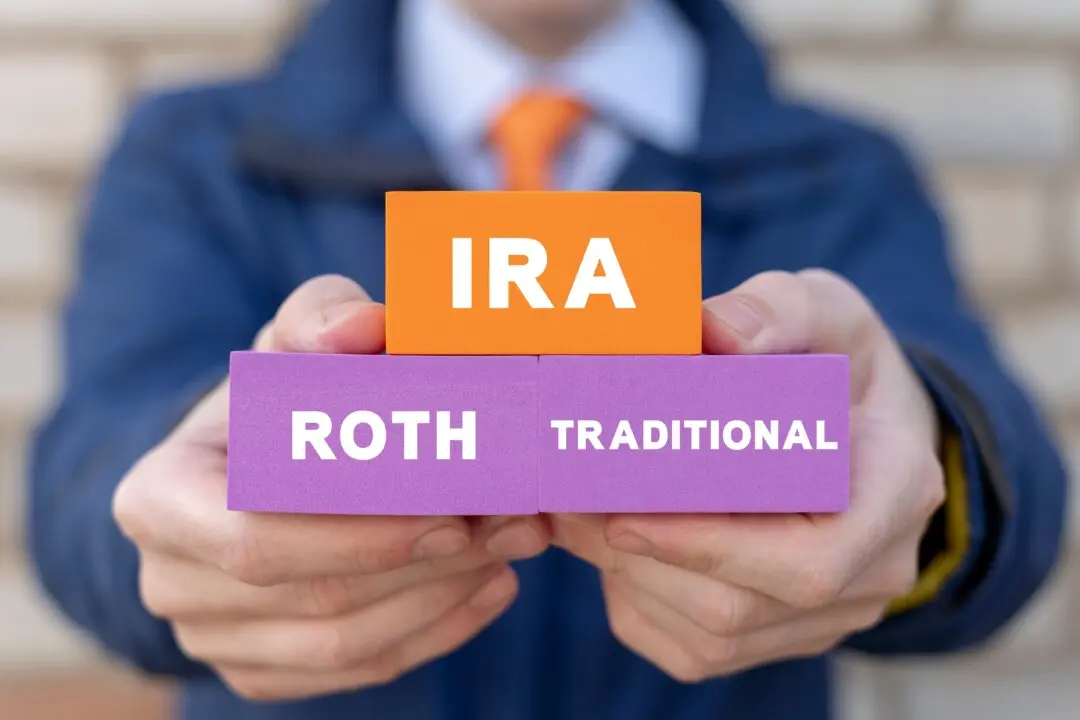If you’ve ever wanted to invest in real estate but don’t have the means to buy and manage physical property, you may be interested in real estate investment trusts (REITs).
A REIT is a company that owns and operates income-generating real estate such as apartment complexes, shopping malls, and warehouses.






